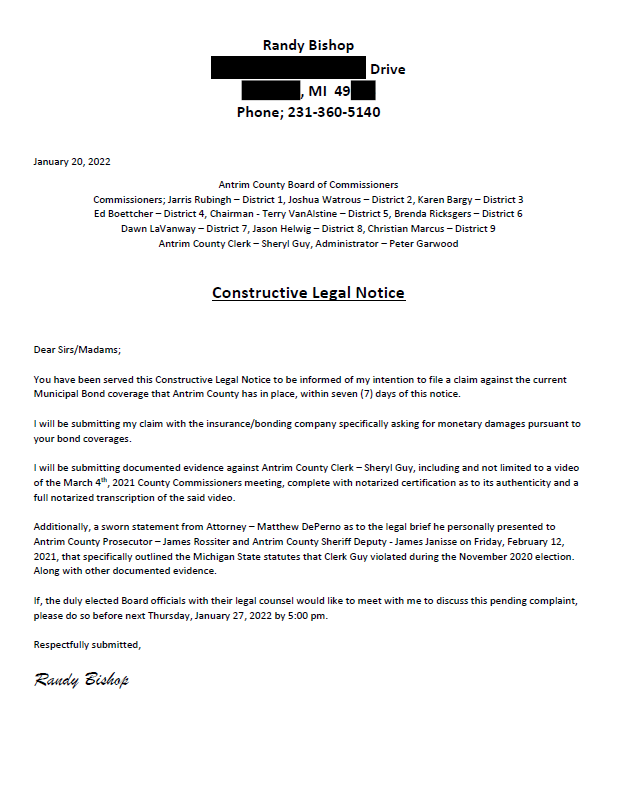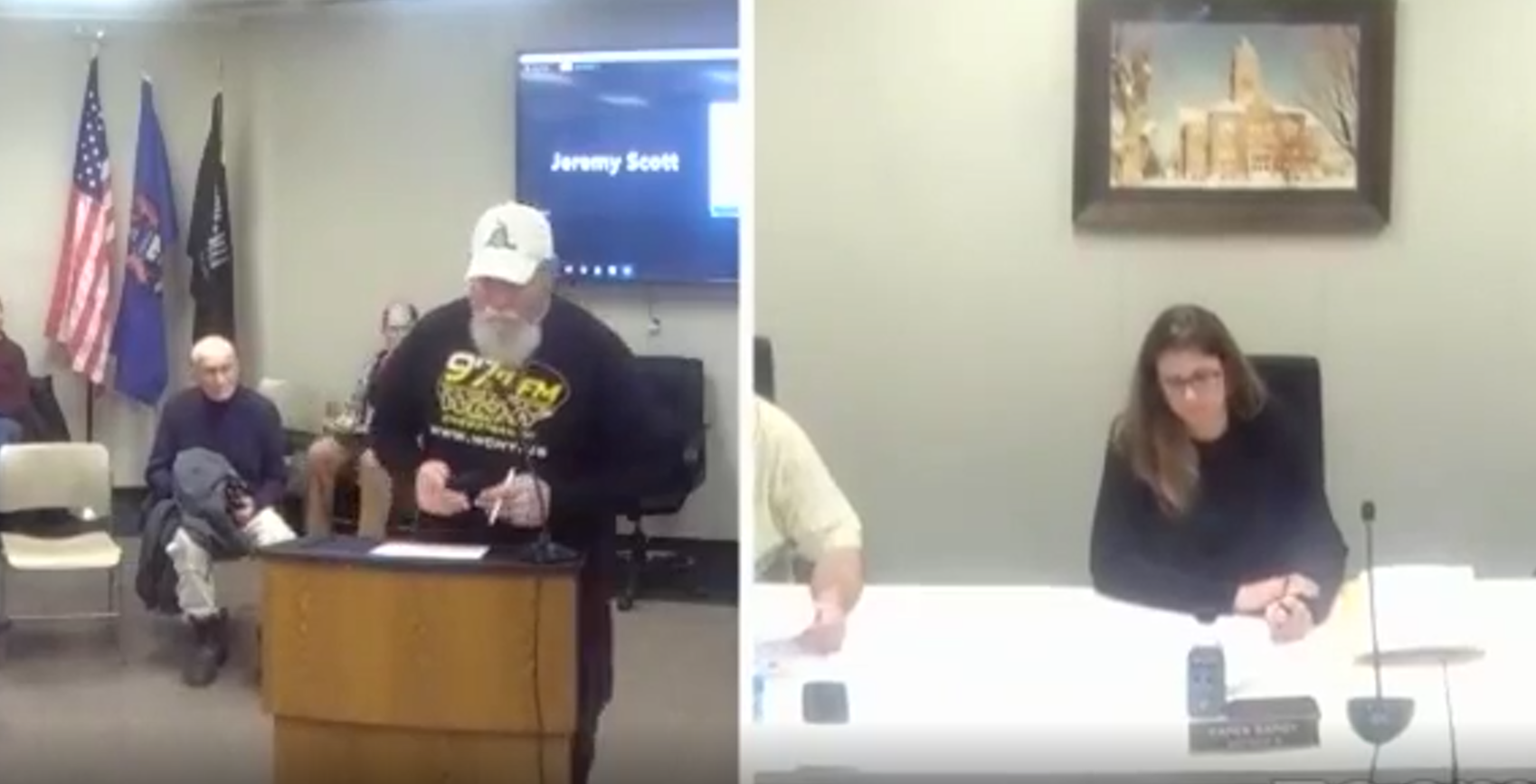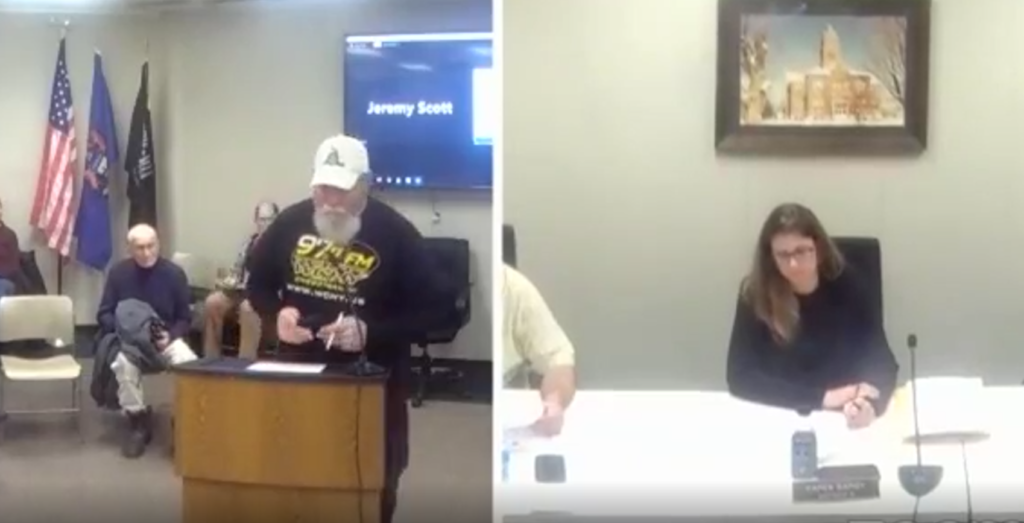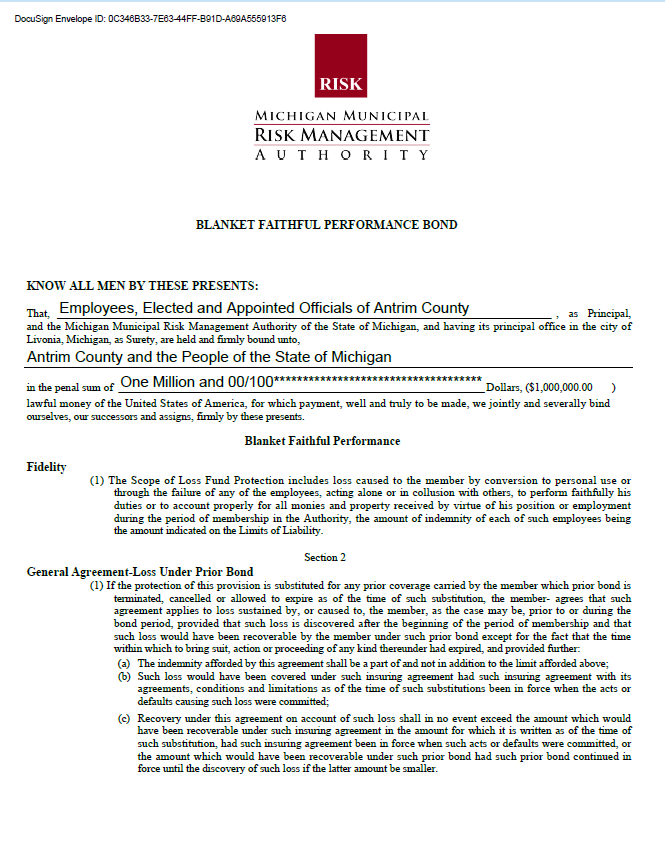By Patrick Colbeck
Bond. Municipal Bond.
If you are like me, it never would have occurred to you that one of the most powerful tools at the disposal of citizens eager to hold elected officials accountable for malfeasance would be related to a bond…but it is.
“Municipal bonds (or “munis” for short) are debt securities issued by states, cities, counties and other governmental entities to fund day-to-day obligations and to finance capital projects such as building schools, highways or sewer systems. “
https://www.investor.gov/introduction-investing/investing-basics/investment-products/bonds-or-fixed-income-products-0
General obligation bonds are typically issued to assist with cash flow for government entities otherwise subject to timing or volatility issues regarding tax or fee revenue. Bonds are issued by a bonding company only if they find the bonded organization to be “trustworthy” or “good” enough to insure.
The letter filed with the Antrim County Commissioners by Randy Bishop, a resident of Antrim County, is enclosed below.

You can view the bond in question below.
In essence, the above claim asserts that the Antrim County Clerk and the Antrim County Prosecutor have breached the public trust and thereby violated the terms of the county performance bond. These violations put the county at significant financial risk ($1 million per count) and justify their removal from office. In order to effectively make such claims, the basis for the claims must be substantive. In Antrim County, Michigan, these claims are indeed substantive and include video evidence and sworn legal filings.
The operative language for removal of an official is located on page 2, Section 4, paragraph 3 a:
“This provision shall be deemed to be canceled as to any employee:
(a) Immediately upon discovery by the member of any act on the part of such employee which would constitute a liability under this provision covering such employee;
Why does an attack on the bond affect the removal of an official?
Act 116 of 1954 – Michigan Election Law
168.204 County officers; oath of office, bond, deposit.
Sec. 204.
Every person elected to an office named in section 200 of this act, before entering upon the duties of his office, shall take and subscribe to the oath as provided in section 1 of article 11 of the state constitution and, with the exception of the prosecuting attorney, shall give bond in the amount and manner prescribed by law and shall deposit said oath with the county clerk and said bond with the county treasurer. The county treasurer shall file his bond with the county clerk.
168.206 County offices; vacancy, creation.
Sec. 206.
The office of county clerk, county treasurer, register of deeds, prosecuting attorney, sheriff, drain commissioner, surveyor or coroner in any county in this state shall become vacant upon the happening of any of the following events: Death of the incumbent; his resignation; his removal from office for cause; his ceasing to be a resident of the county in which his office is located; his conviction of an infamous crime or an offense involving the violation of his oath of office; the decision of a competent tribunal declaring his election or appointment void; his refusal or neglect to take and subscribe to the constitutional oath of office and deposit the same in the manner and within the time prescribed by law; or his refusal or neglect to give bond in the amount and manner and within the time prescribed by law.
Per the bond coverage conditions, once a claim is made against the official and the municipality is given notice, the bond coverage for that official is terminated.
Per Act 116 of 1954, Section 168.204, posting bond is a requisite condition to perform official duties of office.
Per Act 116 of 1954, Section 168.206, failure or neglect to give bond renders the office VACANT.
These bonds are classified as “Surety Bonds”, which are third-party agreements to ENsure certain performances. Bailbonds are also third-party agreements to ENsure certain performances. What happens when a bonded party who does not meet the conditions of a bailbond? The bond is revoked and an arrest warrant is issued to produce the party.
P.S. This approach applies to any government body that leverages bonds in support of their operations…including state government.





Clerk Guy will need lots of lies to avoid conviction.
The bonding process applies to Boards, Commissioners, Schools, Health Department Officers, too.
A novel approach. Would be very helpful to those in other states to have a template for how to determine who holds the bond(s) for a particular state, county, city, town, etc. The Commonwealth of Virginia subcontracted with an out-of-state non-government organization to mail out absentee ballot applications WITH FRANKED RETURN ENVELOPES, with a significant number of those return envelopes addressed to the WRONG AGENCY, for example, while a resident of the CITY OF RICHMOND, I received one of those applications with the return address directed to THE COUNTY OF RICHMOND. The likely result of this would have been the voter NEVER RECEIVING THE EXPECTED ABSENTEE BALLOT and perhaps not realizing they still have to go to their actual voting place, NOT VOTING, i.e., there was implicit vote suppression, though with Virginia not including party affiliation in voting records, it is unclear who was being “targeted”. This happened not just with residents of other cities in Virginia where there is also a county of the same name, to wit, Fairfax, Franklin, & Roanoke, but as is true for Richmond, the city of Franklin and county of Franklin do not share a border, so the error should have been obvious to everyone. I have seen estimates for such errors as high as 500,000, but believe it was likely even higher, perhaps as high as 1,000,000 due to the post office serving some voters being located IN A DIFFERENT JURISDICTION THAN THE VOTING ADDRESS, since it was clear the error was largely due to using the voter’s residential address, not the voting district. I believe an audit of state voter rolls would be the only way to determine the exact number of errors, but while I was granted access to voter rolls in the 1980s while living in Arlington County, while living in the city of Richmond, I was refused permission to access the rolls by both the Virginia Election Commission and the Voter Registrar for the city of Richmond.
I have always held that the fraud won’t stop until WE make it too painful for the LOCAL executors of the fraud to continue. Once these locals are removed and financially ruined, the head of the snake will shrivel up and die.
Same goes for cops enforcing illegal mandates and any other fraudulent “rules” created by Boards of Commissioners, Boards of Education etc. If they arrest someone who is trying to participate in government by speaking out, I believe they have committed an “assault” by acting under “color of law” and they can be arrested and sued in their “personal capacity” – that is, as a regular citizen, not as a police officer. Their “qualified immunity” goes away when they act under “color of law.”
I don’t have the specifics for this person’s State but a little research will show how to file these charges as well…
Beautiful video. Please follow up with more news as it comes available…
Can we do this process, let’s say to our representative Pete Meijer, who voted to impeach a president with no evidence. In fact evidence that the capital police opening the doors is wide spread, he then spent tax payer dollars on a fraud January 6th committee. I would like to recieve those dollars back for the people of this great nation.
So, it sounds like this needs to be used to oust the members of the “unselect” committee. It may be the only way to get justice.
This could be useful against the school boards for propagating LBGTQ and CRT in elementary grades. Do we need more rooms in schools for segregating “gender identity” and/or racial “oppressed” from “oppressors”?